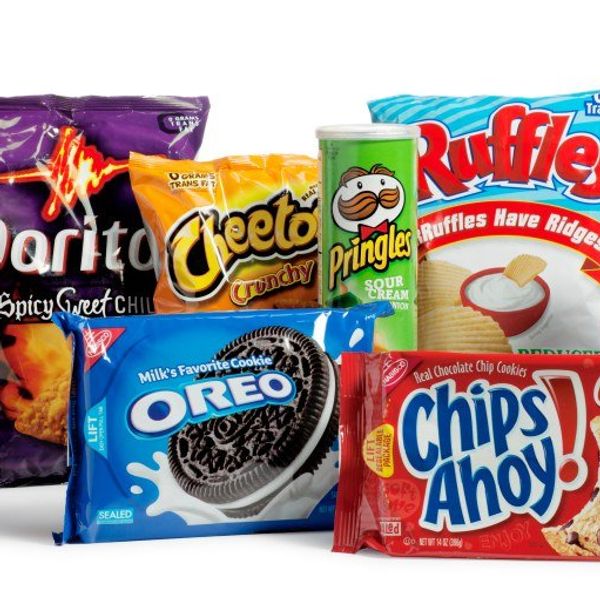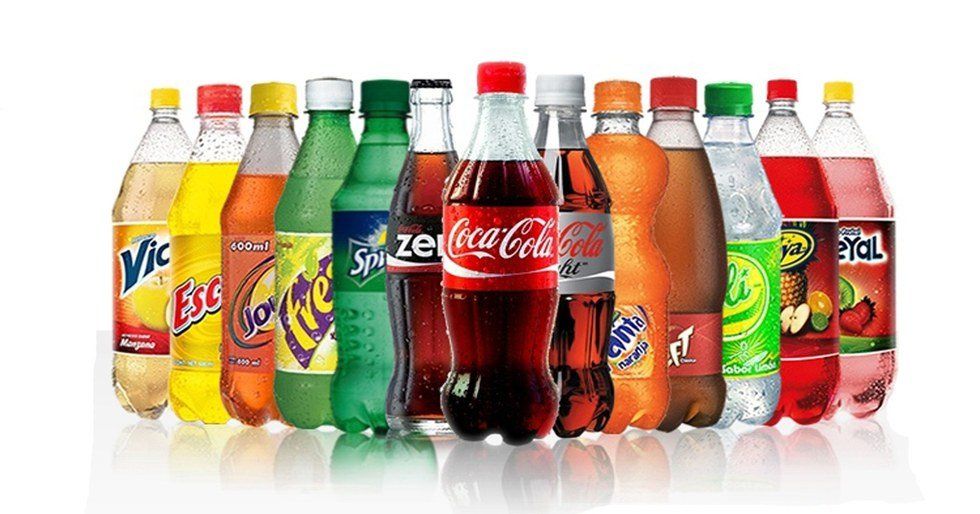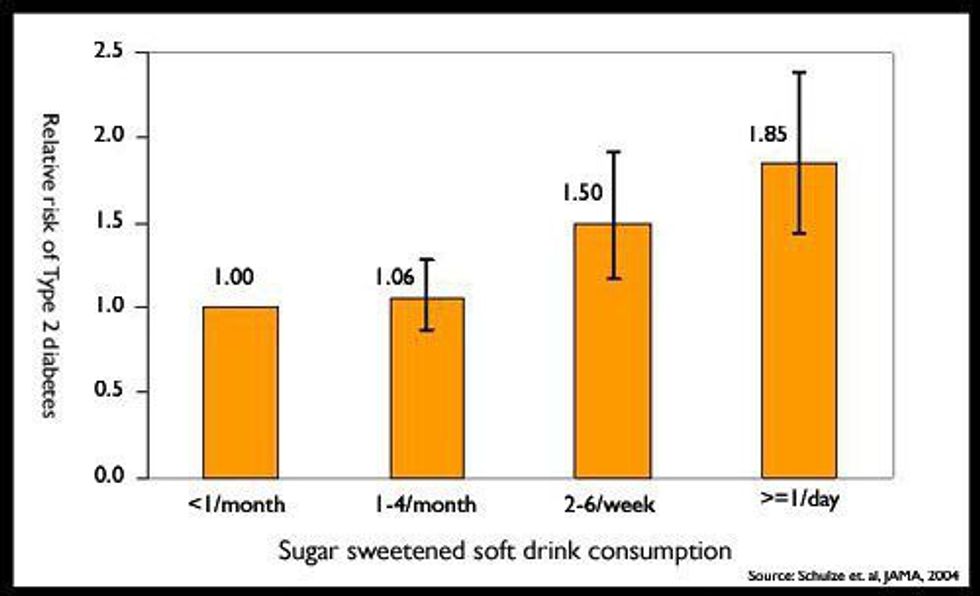Soft drinks are among the most popular drinks in America. In fact, they are marketed toward the younger demographic, despite their harmful contribution to childhood obesity. In addition to little nutritional value, they contain sugar (or artificial sweetener) and caffeine. The combination creates a tasty but highly addictive beverage. So why exactly should you cut the Coke from your diet?
According to the Harvard School of Public Health, the consumption of soft drinks is linked to obesity, heart disease, osteoporosis and type 2 diabetes. Regular consumption of soft drinks (at least one or two cans a day) causes a 26 percent greater risk of developing type 2 diabetes in men compared to those who do not drink them. The statistics are similar for women. The consumption of just one can per day leads to a 20 percent greater chance of heart problems - or dying from a heart attack. There is higher incidence of gout (75 percent) among women who consume soft drinks. Of course, the high sugar content leads to a greater risk for weight gain. People who regularly drink soft drinks often make less healthy food choices as well, but studies show that those who eat healthy and exercise while regularly consuming soft drinks only slightly reduce their health risks. The caffeine contained in the drinks makes them addictive, causing unpleasant physical effects if consumption is suddenly stopped.
The following chart shows the correlation between type 2 diabetes risk and number of soft drinks consumed:
Soft drinks also contain high levels of phosphates - when it is consumed more than calcium, it can pose dangers to bone loss.Phosphates are especially a danger to children since calcium is necessary for growing bones. Children who prefer soft drinks usually consume too little milk, which has the levels of calcium and vitamin D needed for growing. High levels of phosphates also creates a higher risk for kidney stones.
The science is clear: the health risks of soft drinks outweigh the satisfying taste. It can create a higher risk for heart problems and diabetes, but it can also cause bone loss and obesity. Consider swapping your daily soda with low-fat milk or water. Coffee is another alternative if you need the caffeine fix - however, be mindful of coffee beverages with added sugar and syrups. Encourage your children to make smart drink choices. It is a lifestyle change that will have long-lasting health benefits.






















